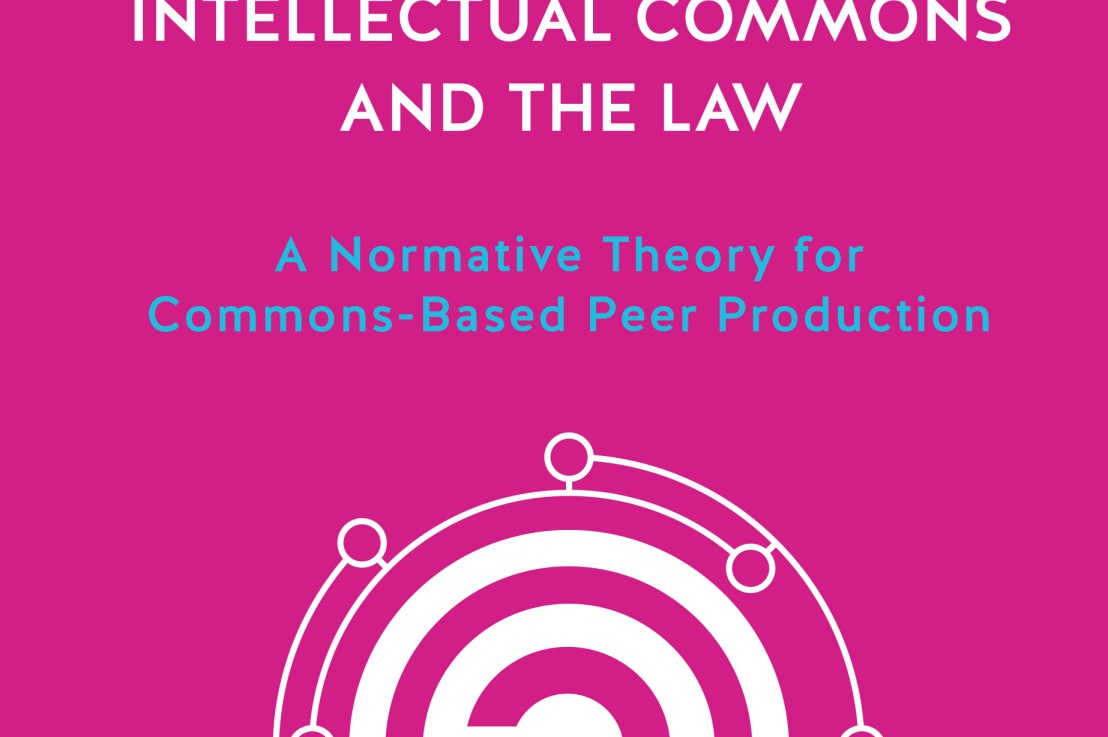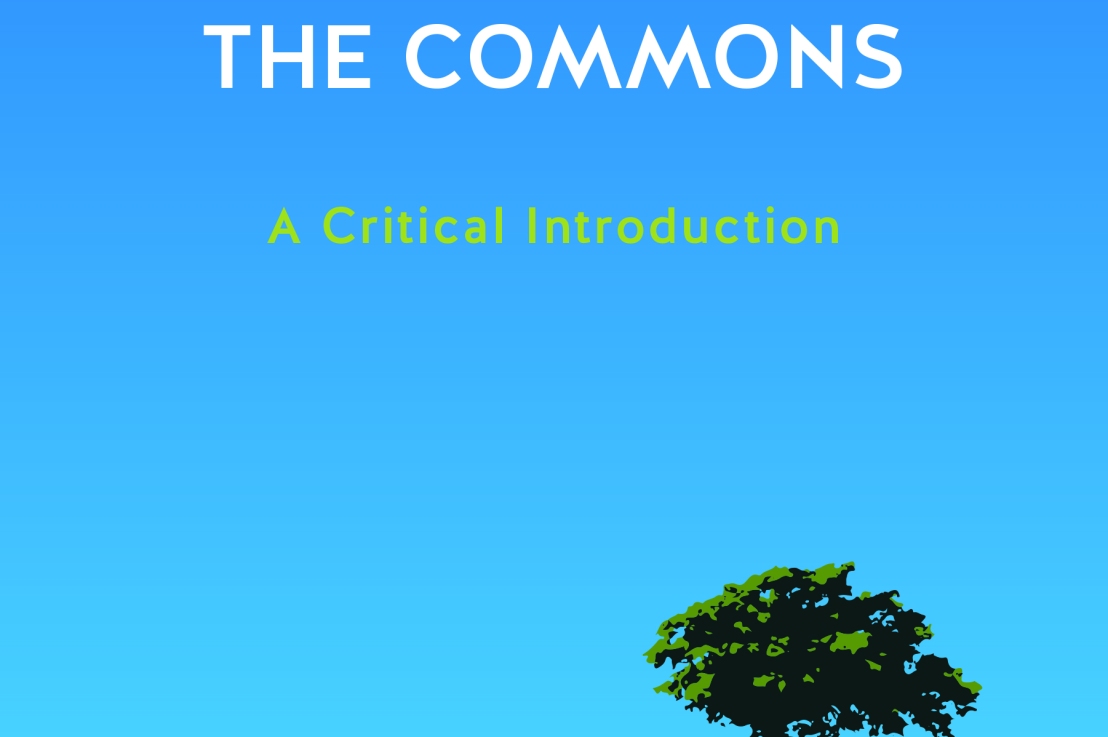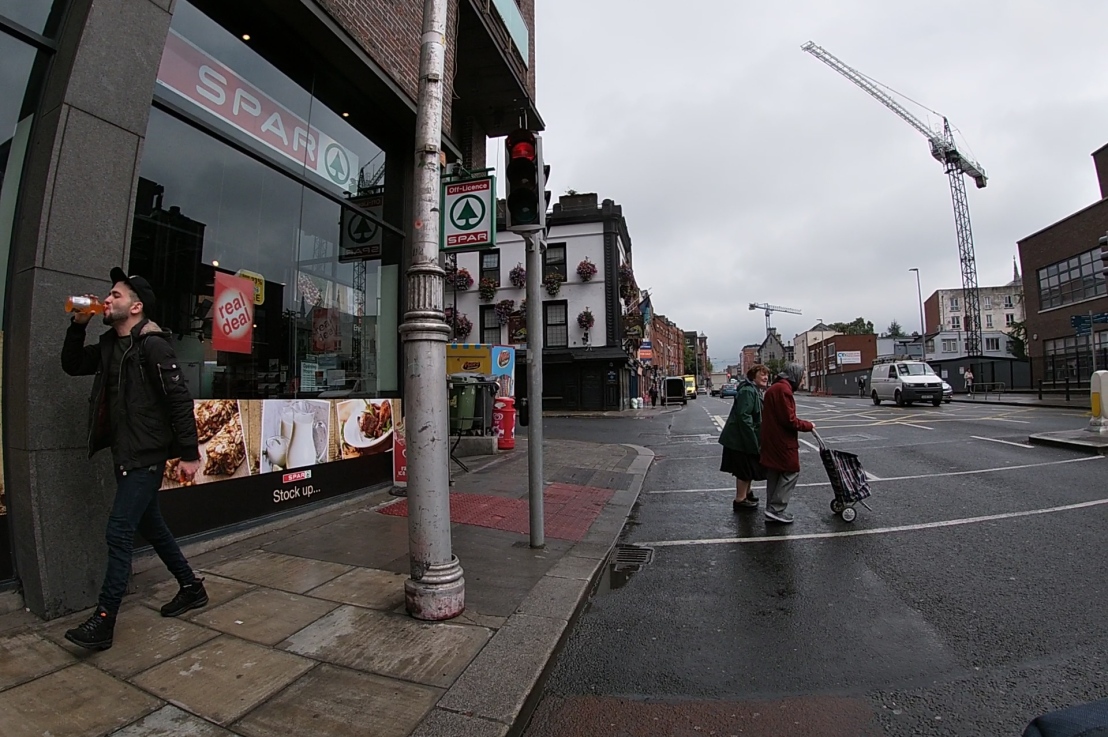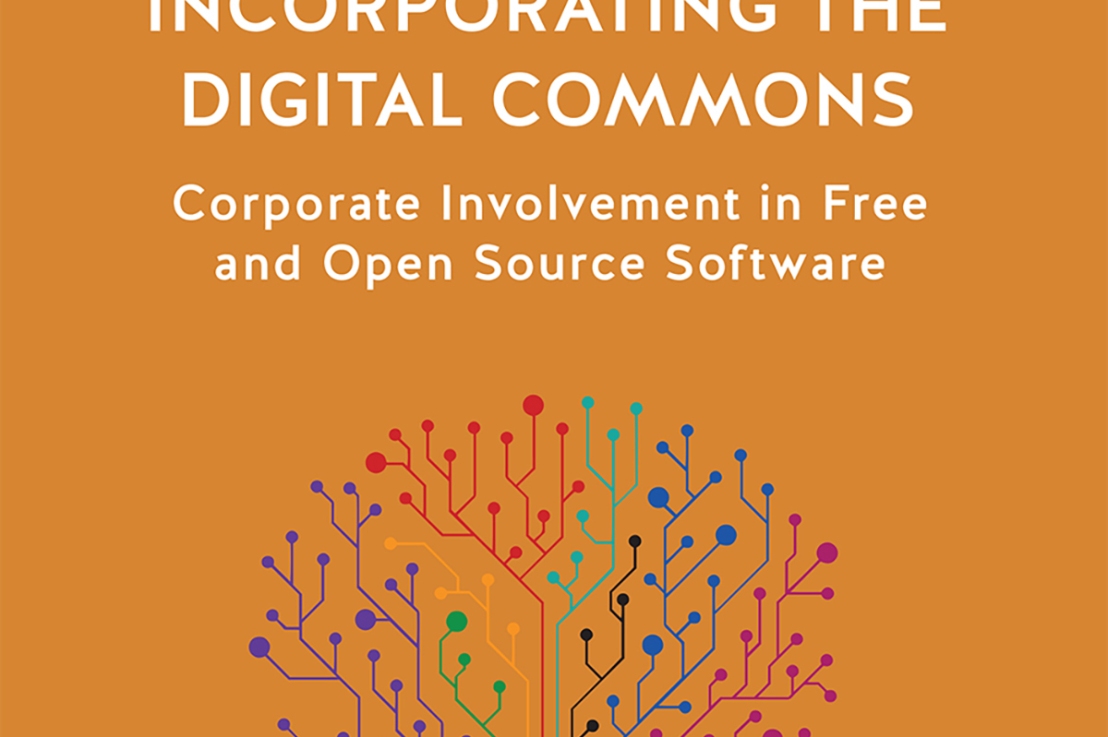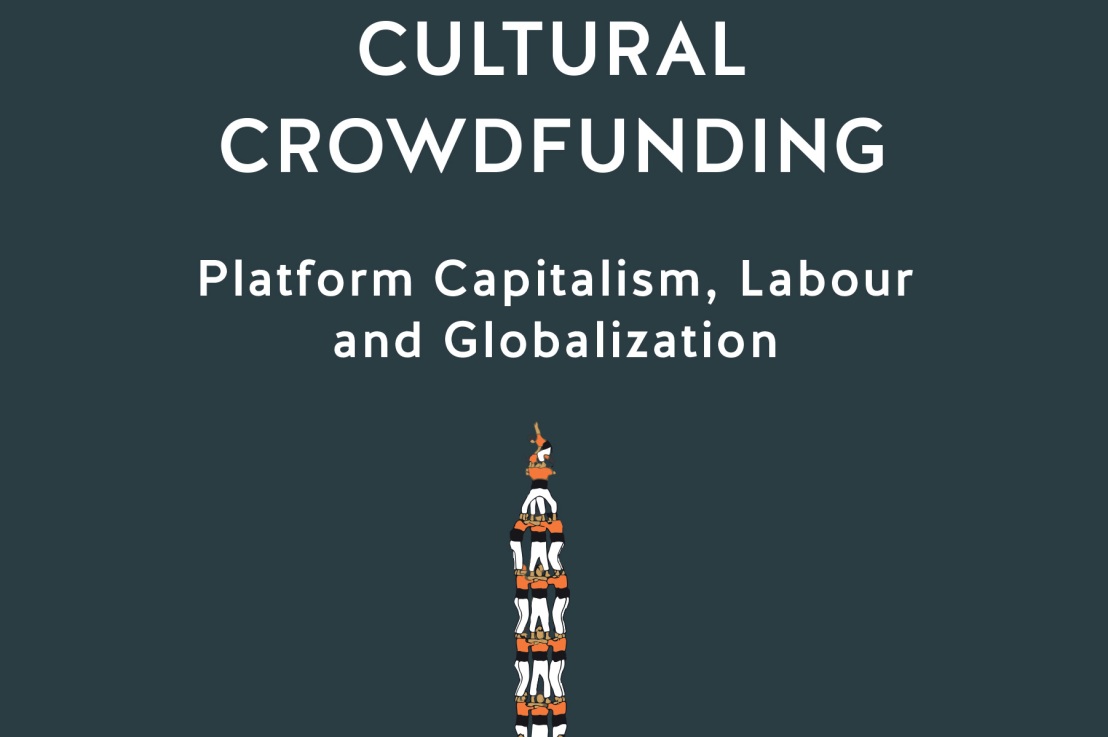Released this week the latest title in the CDSMS series edited by Christian Fuchs by lawyer and activist Antonios Broumas makes the case for a new body of law to harness the potential and social value of the intellectual commons. Using case studies of cultural commons initiatives it clearly articulates why the commons have intrinsic value deserving of legal protection. At the heart of these new proposals is a recognition and expansion of the public domain and the need for greater personal and social rights and freedoms for individuals to properly participate in the realms of culture and science.
Extracts from the book titled Intellectual Commons and the Law: A Normative Theory for Commons-Based Peer Production follow:
[T]he intellectual commons are suppressed by the dominant value system of commodity markets and its universal equivalent of value in the form of money upon the intellectual commons. Such pressure, which may even lead to the extinction of intellectual commons communities, comes into contradiction with the overall conclusion regarding their social value and potential. Even though such communities may as a rule not be as productive as corporations in terms of money circulation, profits, jobs and taxes, this does not make them unproductive in terms of social value. On the contrary, the communities of the intellectual commons contain and emanate a wealth of social values, which ought to be protected through legal means.
***
Rather than proposing reforms within the property-oriented framework of contemporary expansive intellectual property laws, the current book advances a normative line of argumentation in favour of an independent body of law for the regulation of the intellectual commons, i.e. both the open access commons of the public domain and any other type of regime oriented towards the shared use of intellectual works. The appropriate protection and promotion of these two sectors of our intellectual commonwealth aspires to construct a vibrant non-commercial zone of creativity and innovation in parallel to intellectual property-enabled commodity markets of intellectual works.
***
Following the above, it is held that states are morally committed to respecting, protecting and fulfilling the freedom to contribute to the intellectual commons, thereby abstaining from its restriction through intellectual property laws, which are not compatible with international human rights treaties. In addition, the critical normative theory of the intellectual commons holds that the freedom to contribute to the intellectual commons ought to acquire statutory content substantive enough to give commoners the ability for its meaningful practice.
UWP has published several book titles all available open access including Peer to Peer (Bauwens et al), Incorporating the Digital Commons by Benjamin Birkinbine, The Commons: Economic Alternatives in the Digital Age (Vangelis Papadimitropoulos). Communication and Capitalism: A Critical Theory also discusses the ‘Communication Society as a Society of the Commons’.
Intellectual Commons and the Law was published on the 25 November 2020.

